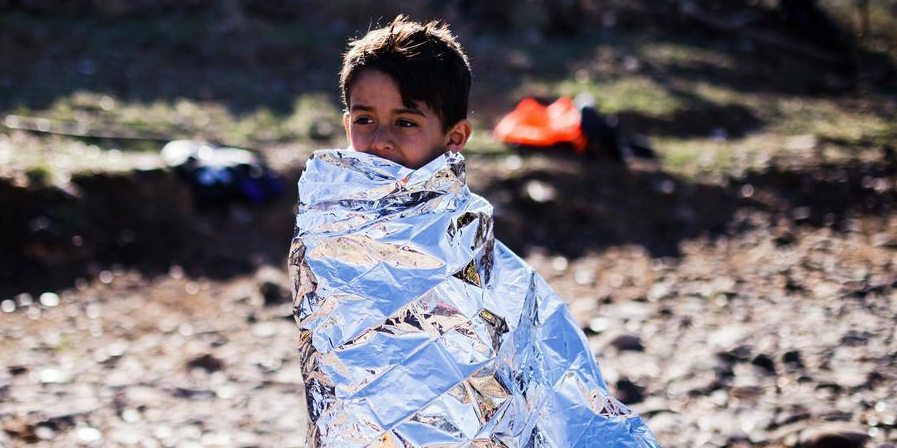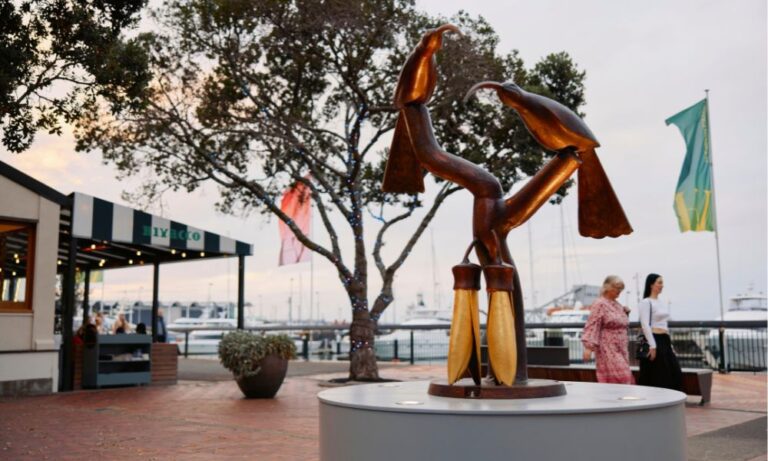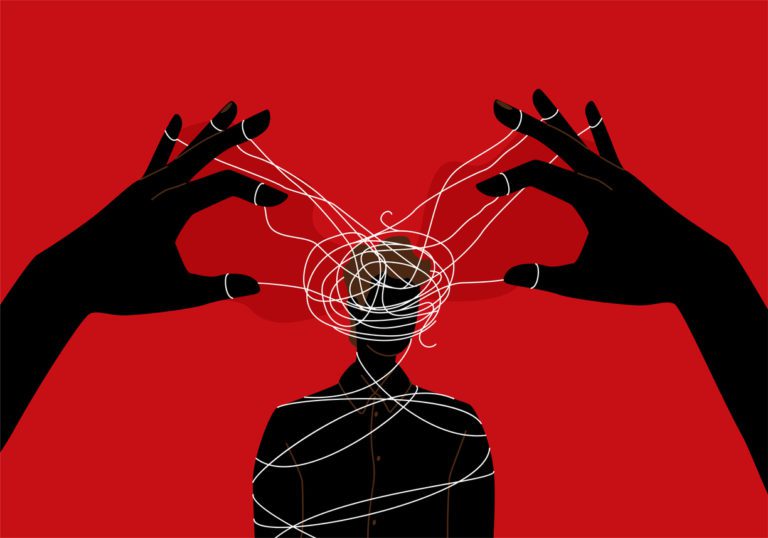Seven years ago, I was suffering a bout of reverse culture shock after returning from a three-month sojourn in rural India back to a work and university routine in Melbourne. At the same time, on the other side of the world, an uprising was brewing as pro-democracy protests in southern Syria turned violent following the arrest and torture of a group of teenagers who painted revolutionary slogans on a school wall.
Fast forward two years to February 2013. I landed in Amman, Jordan for a six-month deployment with UNHCR, the UN Refugee Agency. As my new boss concisely explained, the Syrian refugee crisis was deteriorating. Five neighbouring countries – Jordan, Lebanon, Turkey, Iraq, and Egypt – were all affected. There were already a million Syrian refugees in the region and thousands more were arriving each day. UNHCR had just launched an appeal for US$1 billion on behalf of 55 organisations to help these new refugees.
Za’atari was the first refugee camp I ever visited. I stood on the top of a hill in the middle of the desert, turning on the spot to take in the 360 degree view of organised chaos around me. A mini civilisation in the middle of the desert.
I didn’t know what to expect, but I was not expecting this. Za’atari had its own character, spirited and brash, like so many of the refugees who were forced to make a new life within its parameters. During the day it was hot, dry and buzzing with people and activity. It smelt of roast chicken, zaatar, shisha. There were bakeries, barbers, tailors and rows and rows of shops where you could buy clothes, kitchenware, mobile phones, wedding dresses. It was all so normal. Until you started speaking with its inhabitants.
“My hometown is completely gone.”
“There was shelling every day – we were forced to leave.”
“My children saw bodies on the street.”
“We have nothing now.”
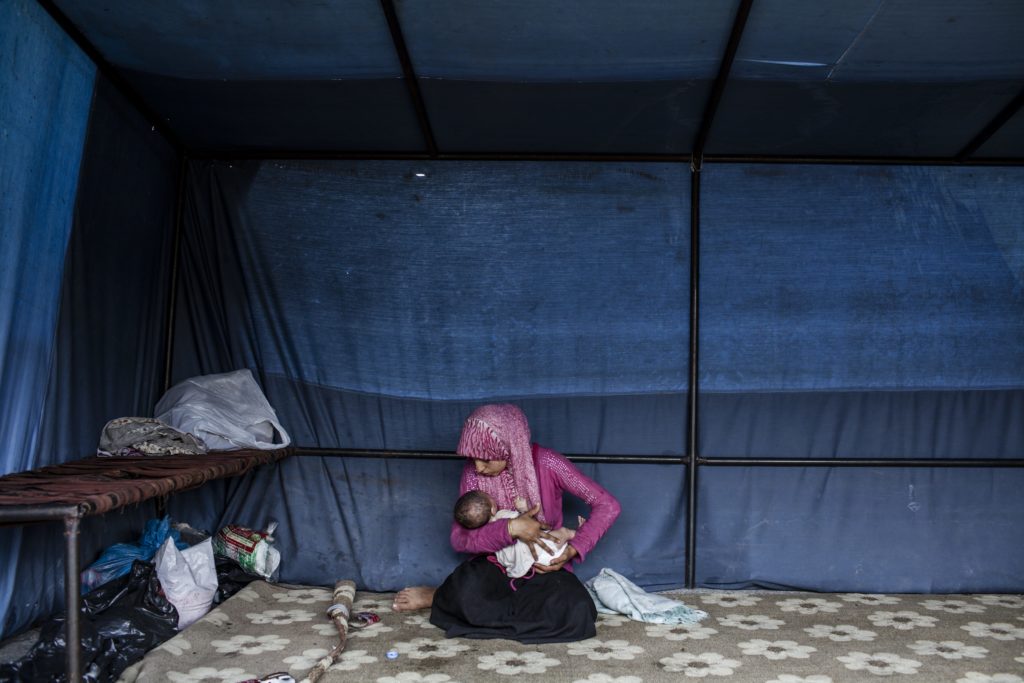
Their stories shared many similarities. Most of the refugees living in Za’atari were from the Syrian town of Dara’a, where the revolution began. People didn’t come here by choice. They were desperate for safety from the conflict that is ravaging their country, and looking for any semblance of normality, however harsh. They wanted to go back home and resume the life they had. Except it would never quite be the same. Everyone had lost something: property, possessions, family members, limbs, sleep, sight, innocence.
But they also had to move on. Children went to school in the camp and learned the Jordanian curriculum, entrepreneurs set up businesses, some were able to find work in the camp, and others got married and spent their honeymoons in Za’atari.
Yes, they are refugees, but this label does not define them. They are teachers, doctors, electricians, farmers, mothers, brothers, grandfathers, widows, young and old. They listened to Taylor Swift, played football and followed fashion trends.
Everyone you meet in Australia at the beach, the park, or the local supermarket could have a doppelganger in Za’atari.
I think this is one of the reasons why this tragedy has elicited the empathy and generosity of so many Australians. Life in Syria before March 2011 was so relatable and familiar to our life. Refugees told me that their country is how beautiful it was, that their hummus was the tastiest, and that the Syrian accent is the most pleasing, so much so that students from all around the world went there to study Arabic. I too brag about Australia’s amazing produce, how our seafood is the freshest, and pretend to not be pleased when others tell me Aussie accents are the best. In 2010, more tourists visited Syria than Australia.
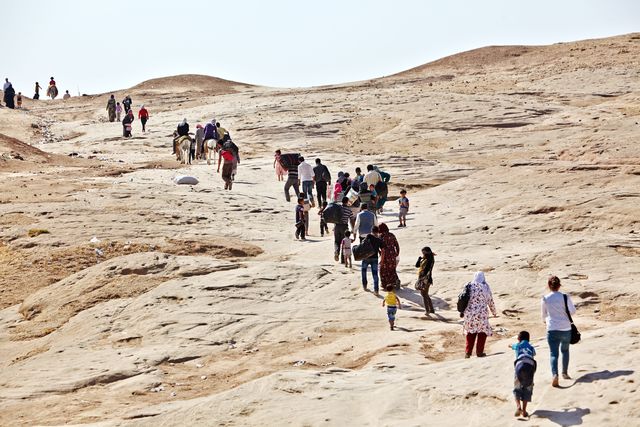
UNHCR/S. Baldwin
I’m now in Lebanon, still with the UNHCR, bearing witness to the inexplicable misery of more lives interrupted, soon for an eighth year. The impact of the crisis is so visible here. Refugees are not in UNHCR camps, they are living in unfinished buildings, apartments or agricultural fields all across the country. And for a small country of only 4 million Lebanese, accommodating 1 million Syrian refugees is a tough ask.
Days, months, years have passed since conflict was sparked in Syria. What has changed? Each year the crisis gets worse not better, and in just the last few weeks we have seen headlines of whole neighbourhoods flattened in Eastern Ghouta. Since the war broke out, over 5.5 million Syrians have fled to neighbouring countries, and a further 6.3 million people are internally displaced.
It’s difficult to generalise, but I notice that now when people from Syria introduce themselves, less and less mention which town or city they are from, what they did, and what life was like inside Syria. They are still resourceful and resilient but with no more savings and very limited employment opportunities, the principles have collapsed and given way to pragmatism. The life they had is no longer the dream – any life at all would be fine.
The hardest part so far, the most heart-breaking, is all the kids on the street. So many are on the street, day and night, selling roses or chewing gum, shining shoes, begging. They run out into the traffic and walk between cars to offer their goods to stone-faced strangers. They have beautiful faces but hard expressions, their tiny shoulders bearing heavy responsibilities. In the beginning, it was too easy to blame the parents. I wanted to shout at them, shake them and demand that their children go to school. But the sad reality is after so many years of a disrupted education, it gets harder and harder to catch up. Child labour is cheap and therefore more attractive to employers. Families are desperate for money. Children pay the price.
Since the crisis began, Australians have donated nearly $12 million to help UNHCR support Syrian refugees. Funds have supported shelters, food, warm clothes and heating in the sub-zero winters, healthcare, schooling for children, and other crucial aid to help families get by. This has made a huge difference to so many lives, but I see every day that more help is needed.
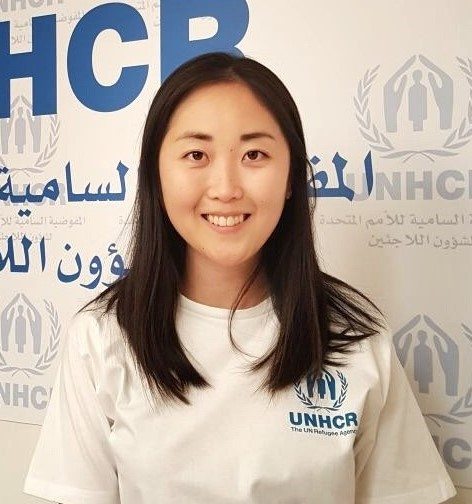
Go to www.unrefugees.org.au/syria to find out more.


